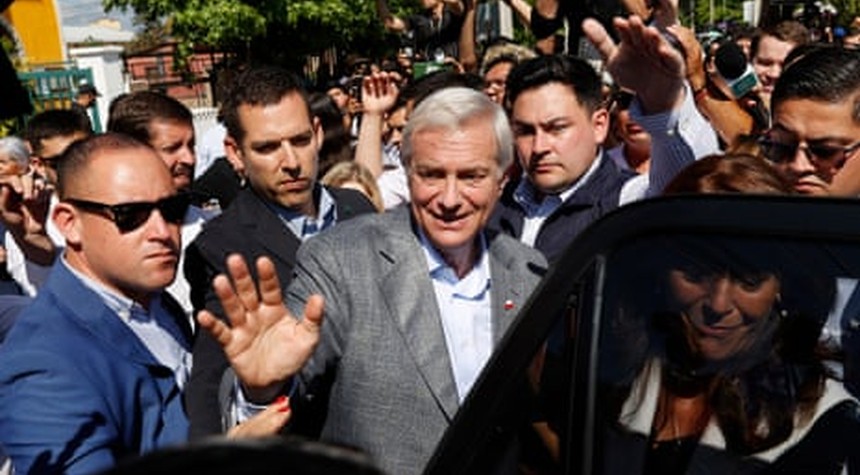Chile stands at a crossroads tonight as ultraconservative lawyer José Antonio Kast has positioned himself as the likely next president of this South American nation, advancing to a runoff election that will test whether the country embraces a dramatic rightward shift or moves toward Communist leadership.
With more than seventy percent of votes tallied from Sunday’s first-round election, Kast secured approximately twenty-four percent of the vote, trailing narrowly behind Communist Party candidate Jeannette Jara, who captured twenty-six percent. Jara, who served as labor minister under outgoing center-left President Gabriel Boric, now faces an uphill battle as the mathematics of Chilean politics work decidedly in Kast’s favor.
The critical factor in this race lies not in the first-round totals, but in the distribution of the remaining votes. Other right-wing candidates collectively garnered nearly thirty percent of the vote, and those voters are now expected to coalesce behind Kast in the December fourteenth runoff. This consolidation of conservative support has transformed what appeared to be a close contest into a race where Kast enters as the clear favorite.
Kast’s campaign has drawn inevitable comparisons to former President Donald Trump’s political style. The Chilean lawyer has centered his platform on hard-line promises to address crime and immigration, issues that resonate deeply with voters concerned about security and stability. His pledge to “put Chileans first” echoes the nationalist sentiment that has gained traction across multiple continents in recent years.
The momentum behind Kast’s candidacy became even more pronounced Sunday evening when Johannes Kaiser, a radical libertarian who captured approximately fourteen percent of first-round votes, announced his endorsement of the ultraconservative candidate. Kaiser’s reasoning was blunt and unambiguous: the alternative, he argued, would be Jara and what he characterized as Chile’s “lefty impoverishers.”
Conservative candidate Evelyn Matthei, who secured roughly thirteen percent of votes, also moved quickly to signal her position following the first-round results, though her specific endorsement remained incomplete at press time.
This election represents more than a simple choice between competing candidates. It reflects a broader ideological struggle within Chile about the nation’s future direction. The country has experienced significant political turbulence in recent years, with widespread protests and demands for constitutional reform highlighting deep divisions within Chilean society.
For international observers, particularly those watching from Washington, the Chilean election carries significance beyond South America’s borders. A Kast victory would represent a rejection of leftist governance in a region where such movements have historically found fertile ground. It would also demonstrate that the populist-conservative political formula that succeeded in the United States continues to resonate in other democracies facing similar challenges with crime, immigration, and economic uncertainty.
The December runoff will ultimately determine whether Chile embraces Kast’s vision of conservative governance or opts for Jara’s leftist alternative. As things stand tonight, the consolidation of right-wing support behind a single candidate appears to have created a clear path to victory for the ultraconservative lawyer who promises to put his country first.
Related: South Africa Investigates Arrival of 153 Palestinians Without Proper Travel Documents

